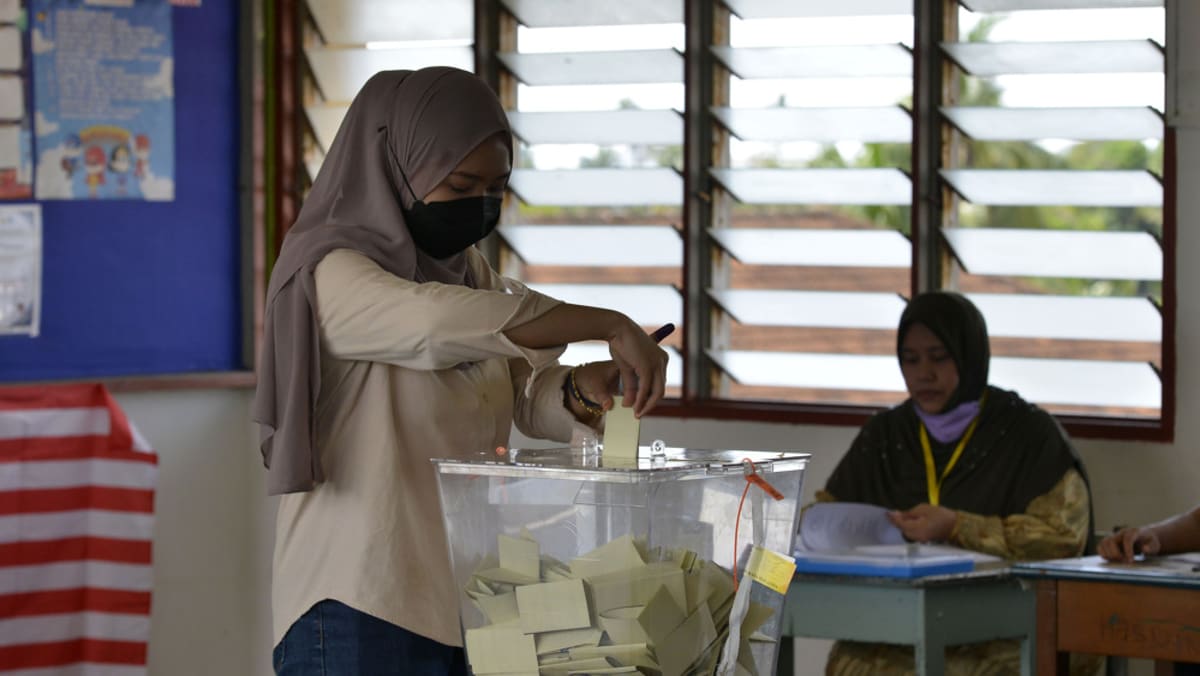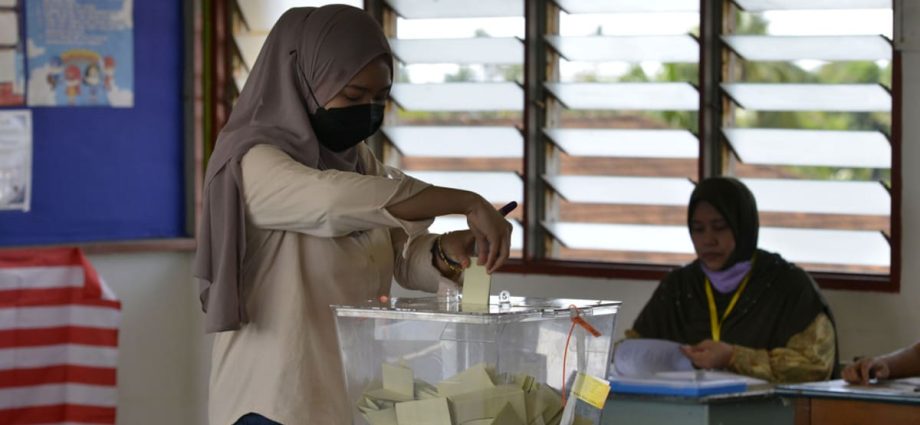
BREAD AND BUTTER CONCERNS
The Malaysian job landscape presents a dual-sided coin with its own complexities.
Despite being an upper middle-income economy, Malaysia has grappled with persistently modest average graduate pay scales.
According to the Socso survey, 28.7 per cent of graduates’ placements in 2022 started below RM1,999 (US$440) a month.
The average household in Malaysia spent RM5,150 per month in 2022, according to the Household Income and Household Expenditure Survey released last month.
Employers often cite education-job mismatches as a reason for stagnant wages, alongside what they perceive as lacklustre work attitudes from graduate employees. Conversely, many graduates may be hesitant to work for employers who offer what they consider inadequate or subpar wages.
In the Socso graduate job survey, data showed that close to 65 per cent – nearly two-thirds – of those underemployed went into “sales and services”.
It can be argued that these underemployed graduates may prefer the often commission-based remuneration schemes associated with such roles, which they may feel are more commensurate with their job contribution. Others within this category might take up essentially franchised independent-contractor positions, such as e-hailing, which gives them greater flexibility over their schedules.
In the realm of “sales and services”, these graduates, while perhaps still mildly perturbed at being underemployed, are likely to be more preoccupied with practical concerns such as meeting sales targets and fulfilling financial commitments.
Politically, they would be more likely to prefer parties they perceive as effective in managing the economy and rolling out socioeconomic policies with promises of tangible improvements to their livelihoods, irrespective of whether their employment status aligns with their educational qualifications.

